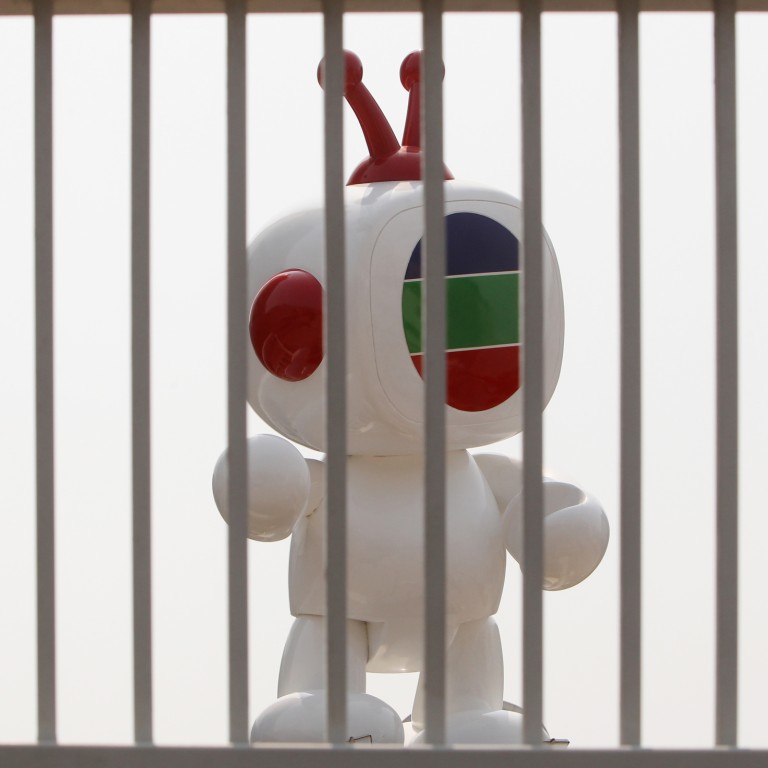
Hong Kong's free-to-air TV market needs more players
The dominance of TVB in the broadcasting industry owes much to the way it manages artistes and singers. It is well known that there are rules restricting performers from appearing on other television channels. While this is no doubt an effective business strategy to keep talent to itself, it is also criticised by rivals as abusive and unfair.
The dominance of TVB in the broadcasting industry owes much to the way it manages artistes and singers. It is well known that there are rules restricting performers from appearing on other television channels. While this is no doubt an effective business strategy to keep talent to itself, it is also criticised by rivals as abusive and unfair.
After a three-year probe, the Communications Authority ruled that the broadcasting giant had abused its dominant market position to prevent competition. It said unreasonable contracts had enabled TVB to warehouse performers at minimal cost, making it difficult for rivals to compete on fair grounds. The ruling, along with a HK$900,000 fine, is in line with the prevailing public sentiment. It addresses the long-standing problem of unfair competition in the industry.
Some restrictions are hardly justifiable. TVB artistes in TV series shown on other channels need to have their voices dubbed. More bizarre is the unspoken "no Cantonese" rule for artistes interviewed by other stations. They speak Putonghua instead, fearing TVB would retaliate by giving them less exposure or fewer awards. The watchdog said the rules were made to make rival channels less appealing to viewers.
That TVB has rejected the ruling is unsurprising. It argues that the incentive to groom artistes will be dampened if they can switch to rivals at any time. The broadcaster is entitled to appeal. So is ATV, which vowed to fight the watchdog's order to remove executive director James Shing Pan-yu for licence breaches in August. But unless the decisions are overturned, there is no alternative but to comply. The authority demanded that TVB submit a full report on compliance within four months. It has to be seen as fair and firm on both broadcasters when enforcing the law. Whether the required changes will improve the TV environment remains to be seen.
We only have two free-to-air television stations at present, so choice remains limited. The government should issue new licences as soon as possible to boost competition.

